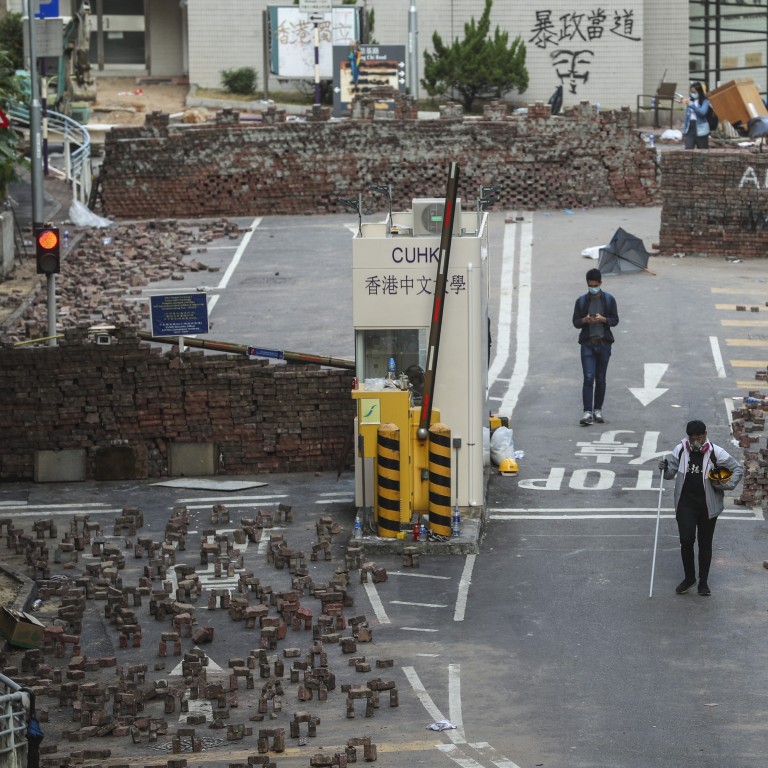
Letters | Hong Kong universities must learn the right lessons from protest chaos
- University heads’ reluctance to allow the police on campus to deal with protesters led to increased violence and destruction
It is common for people to reflect on the past year before they plan for the next. I believe people and organisations alike in Hong Kong, especially universities, should undertake a serious review of the social unrest in 2019 before charting their way forward.
A university president, as the head of the institution, is responsible for maintaining a safe working and learning environment for the university community. But some of these leaders failed miserably to discharge this fundamental responsibility, showing little aptitude for crisis management.
What rights do Hong Kong police have to enter private property?
High Court denies student leader’s bid to bar police from Chinese University
However, as the core business of universities is education and contribution to humanity, they should safeguard basic moral and legal principles. University management should not condone criminal acts committed on campus or prevent the authorities from entering their institutions to restore law and order.
As Secretary for Security John Lee Ka-chiu rightly put it, nowhere in Hong Kong is beyond the rule of law, including university campuses. I hope universities will have learned their lesson in the new year.
Tony Leung, Kwai Chung

